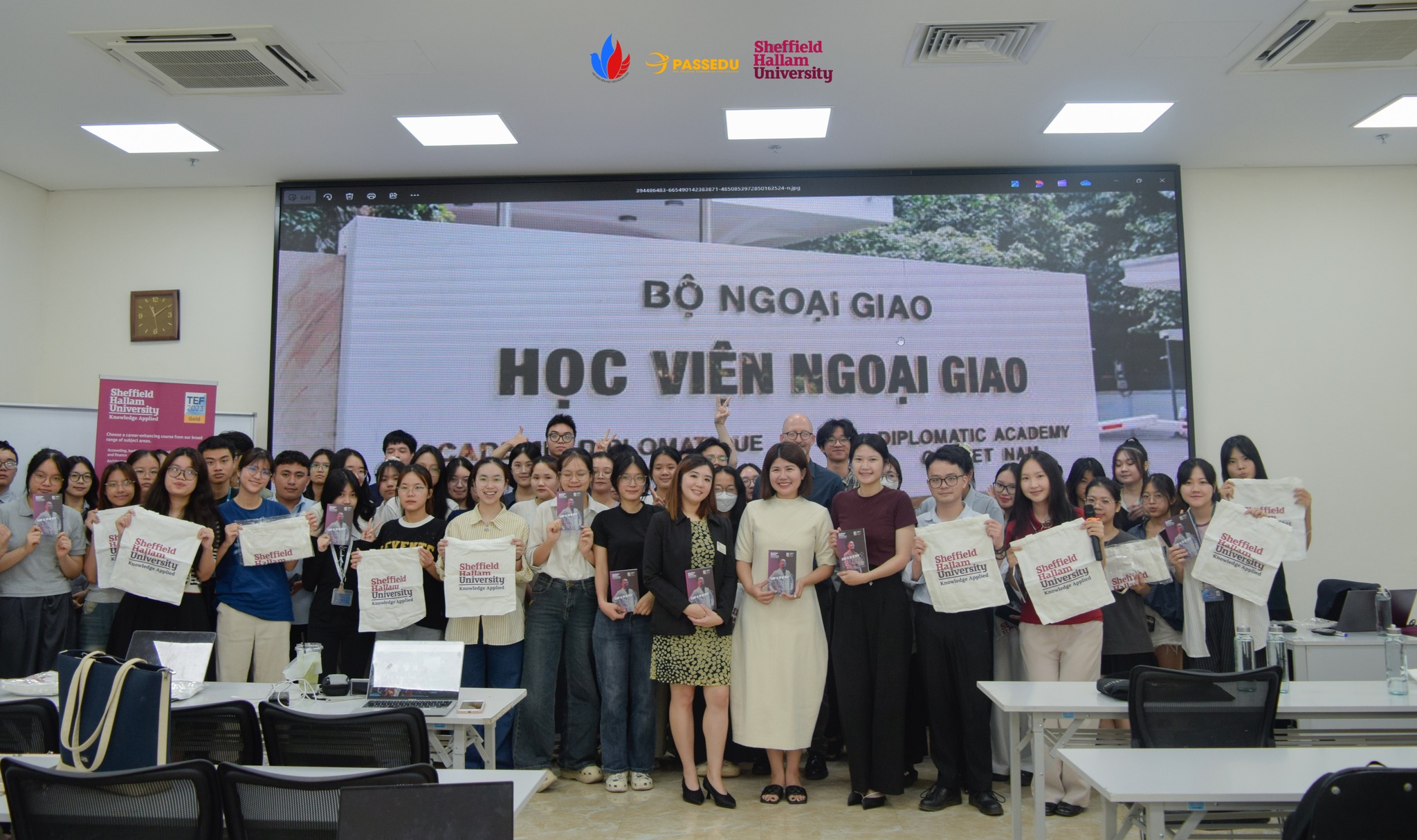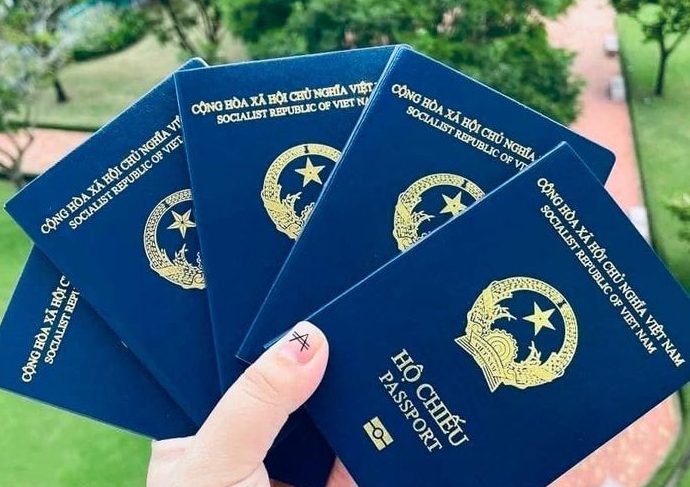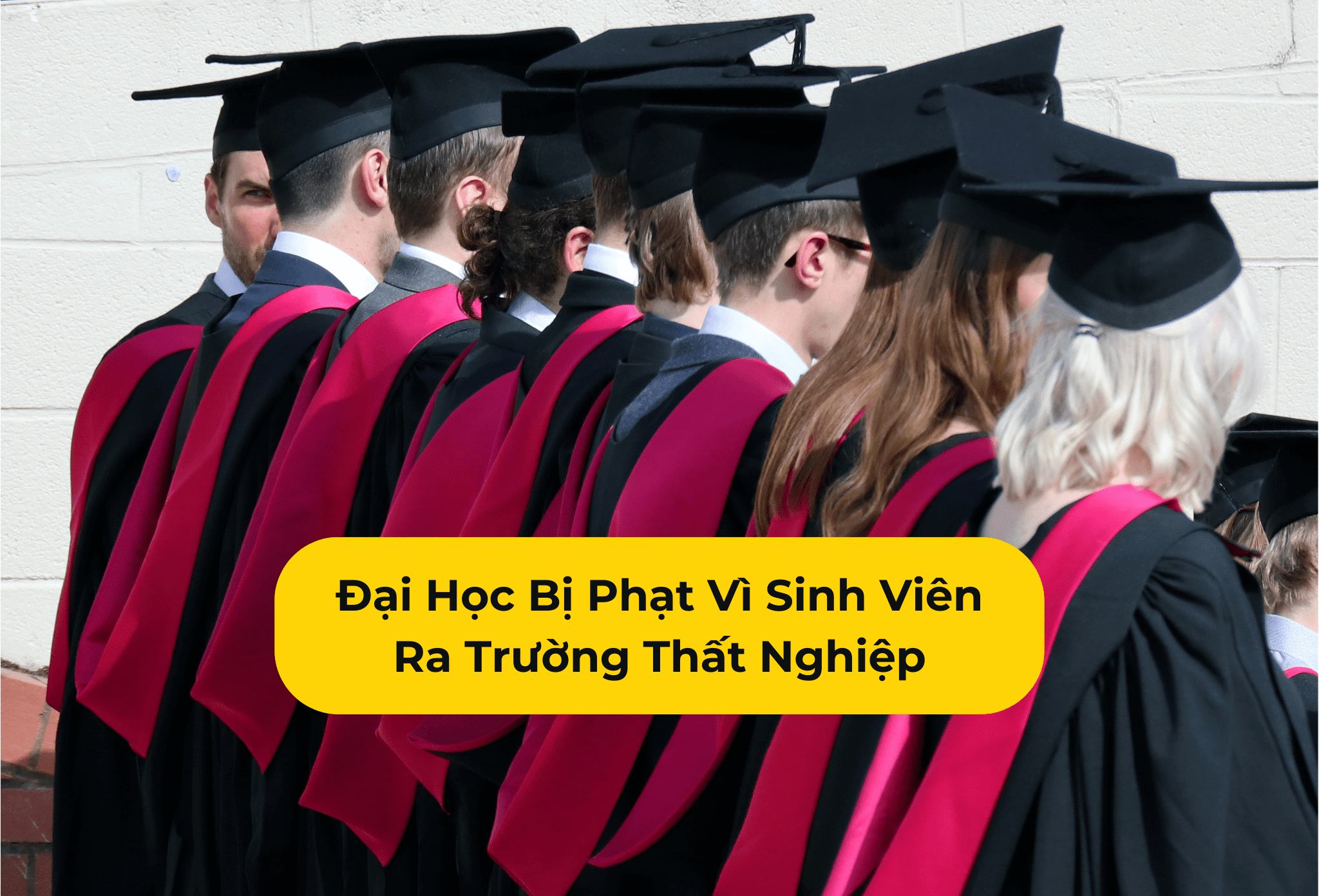Basic Requirements for Studying in China
- You must be a foreign national who does not hold a Chinese passport.
- Age: between 18 and under 35 years old.
- Eligible applicants: high school graduates; students currently enrolled in vocational schools, colleges, universities in Vietnam; or graduates with bachelor’s or master’s degrees.
- Average academic performance or higher.
Applying for a Chinese student visa is relatively straightforward. The visa processing time is fast (typically 3–4 weeks), and the approval rate is exceptionally high, close to 100%.
When studying in China, students will receive maximum support with the financial proof procedures. Parents can easily borrow tuition and living expenses for the entire study period in China through a Vietnamese bank. Below is an overview of the financial assessment and family income guarantee requirements.
Application documents for Studying in China
- Passport
- Application form
- High school diploma (if applying for bachelor programs)
- College or bachelor’s degree certificate (if applying for master’s programs)
- Academic transcripts of your most recent education level (certified English translation)
- HSK Chinese Proficiency Certificate (for programs taught in Chinese) or an English proficiency certificate
- Personal introduction
- Two letters of recommendation, one of them must be written by professors or associate professors (required for master’s and doctoral programs)
Tuition fees and Living expenses for Studying in China
The average cost of studying in China is only slightly higher than that of Vietnamese universities, but it offers many advantages. This is why many parents and students choose China as their study destination.
Tuition fees range from 1,500 USD to 4,000 USD per year depending on the university and city.
It is also important to consider the cost of living. With well-developed infrastructure and convenient public transportation, students can easily travel. You can save a considerable amount if you use public transport or campus facilities.
Accommodation and living expenses typically range from 1,500 USD to 2,500 USD per year.
In China, public transportation is very convenient. Students can buy bicycles, electric bikes, or monthly bus passes at a cost of only 30–50 NDT per month (less than 100,000 VND). Other services such as internet access and library use are usually free of charge.
Enrollment and Training periods in China
Enrollment periods: There are two intakes each year, one in March and one in September.
Duration of professional study programs (in years):
- Bachelor programs: 4 to 6 years
- Master’s programs: 2 to 3 years
- Doctoral programs: 3 to 4 years
Note: Depending on each program’s regulations and the specific institution, Vietnamese students coming to China typically must complete 1 year of Chinese language preparation plus 4 years of bachelor studies. Technical majors usually last 5 years, and medical majors last 5–6 years.

Scholarship Policies
Currently, the Chinese government places strong emphasis on international exchange and encourages foreign students to study and conduct research in China. Therefore, the Ministry of Education, along with Chinese universities, regularly offer scholarships that cover nearly all costs for international students. This effort aims to strengthen cooperation and improve the quality of education domestically and internationally. Many students are receiving scholarships funded directly by the Chinese government, as well as scholarships offered by individual universities.
In addition, there are also scholarships from international cooperation funds, local government grants, and funding from corporations, organizations, and individuals. These programs help attract global talent and often support students immediately after graduation. Typical scholarship benefits in China:
- 100% tuition fees (including learning materials, internships, thesis supervision, etc.)
- 100% accommodation costs (fully equipped dormitories)
- Free medical insurance for the duration of the program
- Monthly living allowance
Part-time job while Studying in China?
- The Chinese government allows international students to take part-time jobs. The university you attend will be responsible for helping you obtain a work permit and creating conditions for you to work. Depending on each family’s situation and the student’s personal needs, options will vary.
- You can earn extra income by writing articles for newspapers and magazines in Vietnam, freelance work, or working in factories producing packaging or in convenience stores. If you have good Chinese skills, you can look for jobs on major Chinese recruitment websites such as ganji.com, zhaopin.com, 58.com, and 51job.com. You can also find job postings for Western restaurants or cafes (if you can speak English). Alternatively, you could work as a translator or interpreter for companies in large cities (Beijing, Guangzhou, Nanning, Shanghai, Zhejiang, etc.), which often need Vietnamese-speaking staff.
With this basic information about studying in China—including admissions, tuition, part-time jobs, and more—PASSEDU hopes you will have a clearer understanding. The best preparation will help you easily achieve your dream of studying in China. PASSEDU hi vọng bạn sẽ có được những kiến thức. Sự hiểu biết nhất định từ đó có thể dễ dàng chinh phục ước mơ du học Trung Quốc của bản thân.













